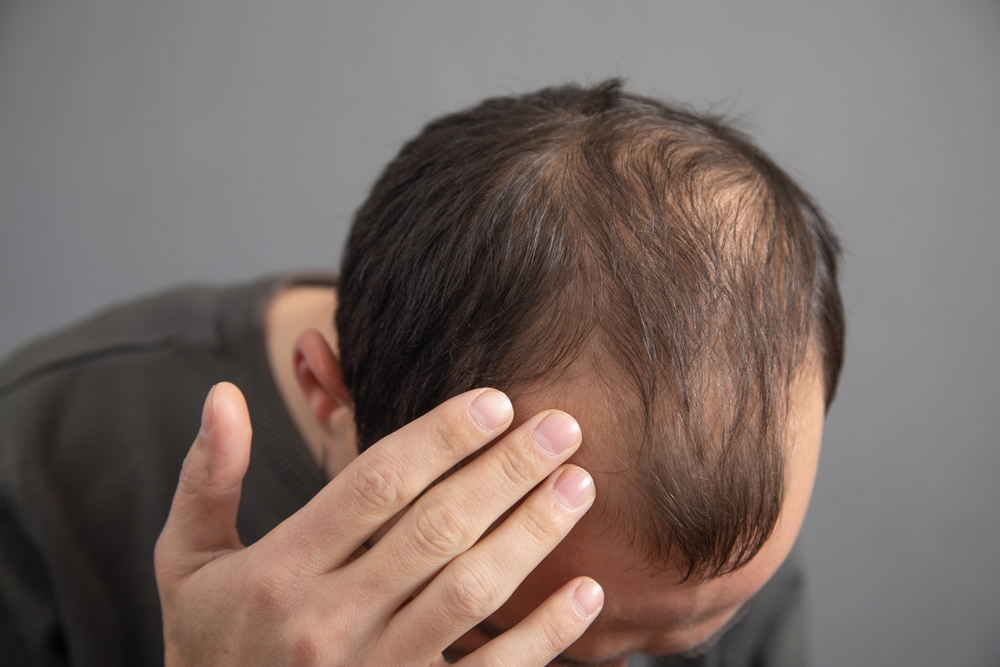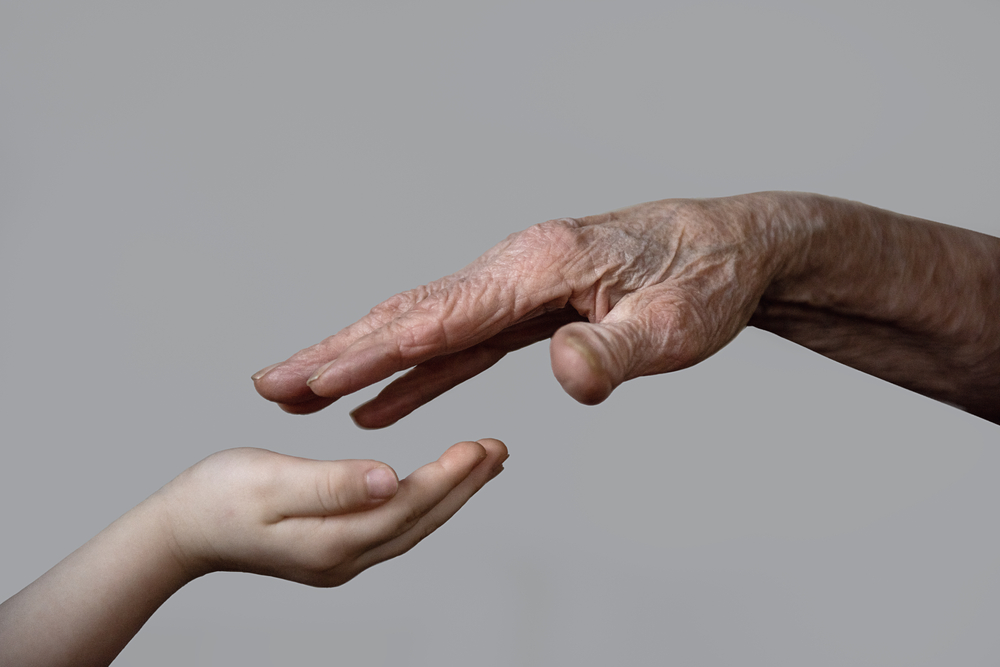Hair loss is a common issue that can affect people of all ages and genders. Whether it’s due to genetics, stress, or unhealthy lifestyle habits, losing hair can significantly impact one’s self-esteem. This article explores the various causes and treatment options for hair loss. Learn how to keep your hair healthy and discover steps you can take to prevent or treat hair loss.
Genetic Factors
One of the most common causes of hair loss is genetic predisposition. Androgenetic alopecia, also known as hereditary hair loss, affects both men and women. In men, it often appears as a receding hairline and bald spots, while women experience overall thinning of the hair. Although this type of hair loss cannot be completely prevented, understanding your family history can help in managing expectations and seeking early treatment options.

Hormonal Changes
Hormonal imbalances can significantly contribute to hair loss. Conditions such as pregnancy, menopause, and thyroid problems can disrupt the natural hair growth cycle. Women may notice hair thinning or shedding due to these hormonal shifts. Addressing the underlying hormonal issues with the help of a healthcare provider can mitigate hair loss and promote healthier hair growth.
Nutritional Deficiencies
A lack of essential nutrients like iron, vitamin D, and biotin can lead to hair loss. A balanced diet rich in vitamins and minerals is crucial for maintaining healthy hair. Incorporating foods such as leafy greens, nuts, seeds, and lean proteins can help nourish your scalp and hair follicles, promoting stronger and healthier hair growth.
Stress and Anxiety
High levels of stress and anxiety can trigger hair loss conditions like telogen effluvium, where hair follicles enter a resting phase prematurely. Managing stress through relaxation techniques, regular exercise, and adequate sleep can help reduce its impact on hair health. Consulting a mental health professional may also provide effective strategies for coping with stress.

Medical Conditions
Certain medical conditions, including alopecia areata, lupus, and diabetes, can cause hair loss. These conditions often require medical diagnosis and treatment to address the root cause of hair thinning. Early intervention and tailored treatment plans can help manage symptoms and improve hair health over time.
Medications
Some medications, such as chemotherapy drugs, blood thinners, and antidepressants, have side effects that include hair loss. If you suspect your medication is causing hair thinning, consult your healthcare provider. They may adjust your dosage or recommend alternative treatments to minimize this side effect while still addressing your primary health concerns.
Hair Care Practices
Excessive use of heat styling tools, chemical treatments, and tight hairstyles can damage hair and lead to breakage and hair loss. Adopting gentle hair care practices, using heat protectants, and avoiding harsh chemicals can help preserve the integrity of your hair. Opt for loose hairstyles and let your hair air dry whenever possible to minimize damage.

Scalp Health
A healthy scalp is essential for healthy hair growth. Conditions like dandruff, psoriasis, and fungal infections can impede hair growth and cause hair loss. Maintaining good scalp hygiene and treating underlying scalp conditions with medicated shampoos or prescribed treatments can support better hair growth.
Lifestyle Factors
Unhealthy lifestyle habits, such as smoking, excessive alcohol consumption, and lack of physical activity, can negatively impact hair health. Smoking reduces blood flow to the scalp, while alcohol depletes essential nutrients. Adopting a healthy lifestyle that includes regular exercise, a balanced diet, and avoiding harmful substances can promote better overall health and stronger hair.
Aging
As we age, hair naturally becomes thinner and may fall out more easily. This is a normal part of the aging process due to changes in hair follicle structure and reduced hair growth rate. While aging-related hair loss cannot be entirely prevented, using hair care products designed for aging hair and maintaining a healthy lifestyle can help slow down the process and keep hair looking its best.

Professional Treatments
Various professional treatments are available to combat hair loss, including medications like minoxidil and finasteride, laser therapy, and hair transplant surgery. Consulting with a dermatologist or a hair loss specialist can help determine the most effective treatment options for your specific condition. Early intervention and a customized treatment plan can yield the best results in restoring hair growth.

